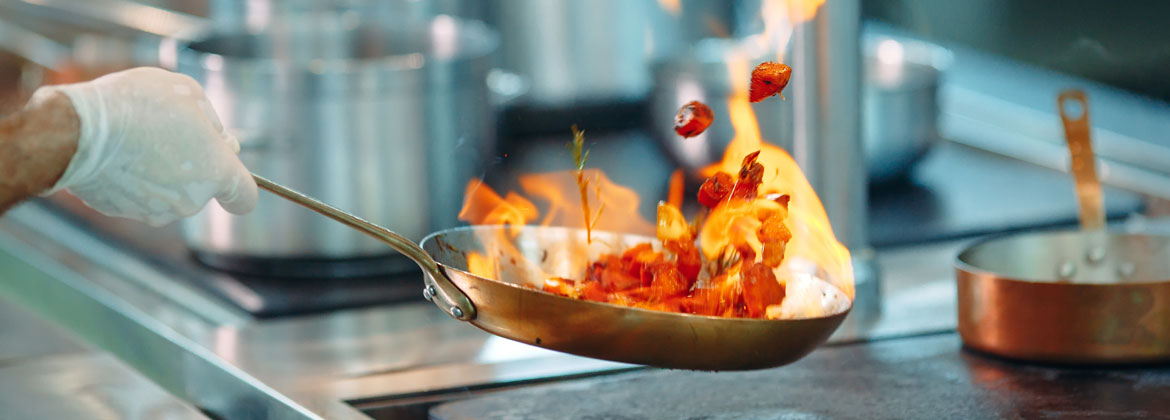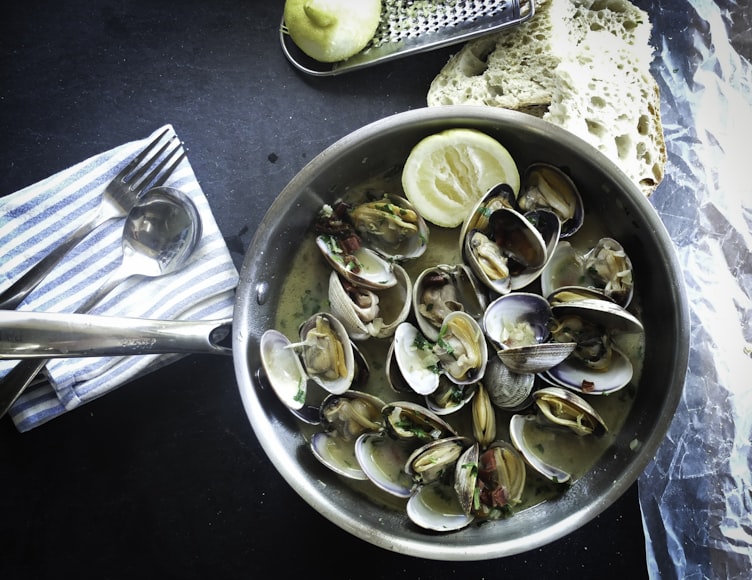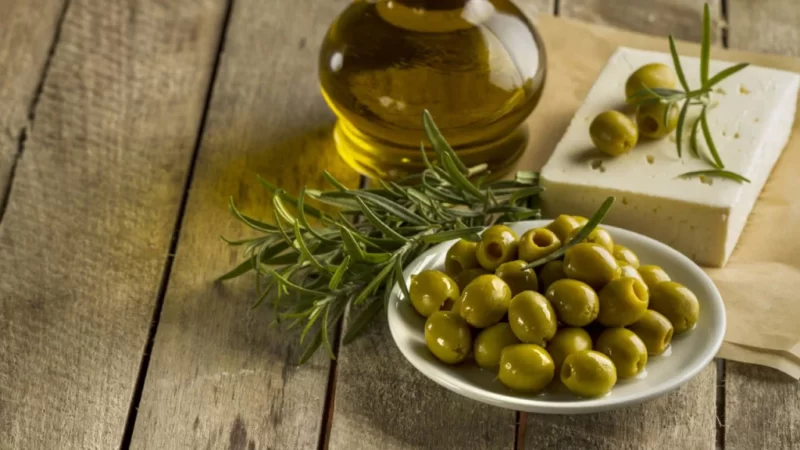Understanding the Caffeine Content in Monster Energy Drinks
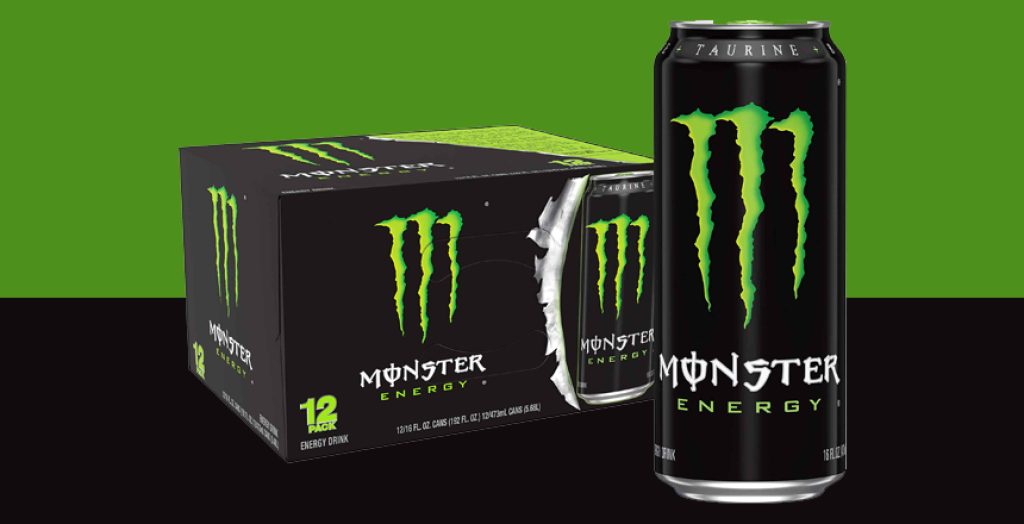
At Oxbow Tavern, we are committed to providing our customers with the most accurate and comprehensive information about the products we offer. Today, we delve into the caffeine content in Monster Energy drinks, aiming to shed light on this popular beverage and address any concerns or questions you may have. Caffeine is a widely consumed stimulant found in various food and beverage items, and it plays a significant role in the energy drink market. Let’s explore the caffeine levels in Monster Energy drinks and help you make an informed choice.
Unveiling the Caffeine Levels in Monster Energy Drinks
Monster Energy drinks are renowned for their energizing effects, which are largely attributed to their caffeine content. Caffeine is a natural compound found in certain plants, including coffee beans and tea leaves. It acts as a central nervous system stimulant, helping to increase alertness and combat fatigue. For those seeking an energy boost, understanding the caffeine levels in their favorite beverages is crucial.
The Standard Caffeine Content in Monster Energy Drinks
Monster Energy drinks are available in a variety of flavors and formulations, each differing slightly in their caffeine content. However, the standard Monster Energy drink typically contains approximately 160 milligrams (mg) of caffeine per 16-fluid-ounce (473-milliliter) can. It’s important to note that these values may vary slightly depending on regional regulations and product variations.
Comparing Caffeine Content: Monster Energy vs. Other Popular Beverages
To put the caffeine content of Monster Energy drinks into perspective, let’s compare it with other popular beverages:
- Coffee: An average 8-ounce (237-milliliter) cup of coffee typically contains anywhere from 95 to 165 mg of caffeine, depending on the brewing method, bean type, and serving size. Monster Energy drinks generally have a higher caffeine content than a standard cup of coffee.
- Tea: A typical 8-ounce (237-milliliter) cup of tea contains around 25 to 48 mg of caffeine. Monster Energy drinks contain significantly more caffeine compared to most teas.
- Soda: Regular sodas, such as cola or citrus-flavored drinks, usually have lower caffeine content compared to energy drinks. A 12-ounce (355-milliliter) can of soda contains approximately 30 to 40 mg of caffeine.
It’s crucial to be aware of the caffeine content in different beverages, as consumption should be moderated to avoid any potential adverse effects.
Factors Affecting Caffeine Sensitivity and Tolerance
It’s important to remember that individual responses to caffeine can vary. Factors such as age, weight, overall health, and tolerance levels can influence how an individual’s body reacts to caffeine consumption. Some individuals may experience increased alertness and focus, while others may be more sensitive to the effects of caffeine and experience symptoms such as jitteriness, increased heart rate, or difficulty sleeping.
Moderation and Responsible Consumption
When it comes to consuming Monster Energy drinks or any caffeinated beverage, moderation is key. While caffeine can provide an energy boost, excessive consumption may lead to negative side effects. We encourage our customers to practice responsible consumption and consider the following guidelines:
- Be mindful of your caffeine intake: It’s important to monitor your overall caffeine consumption from all sources, including coffee, tea, chocolate, and energy drinks. Being aware of your total caffeine intake can help you make informed choices.
- Stay hydrated: Remember to drink plenty of water alongside caffeinated beverages to maintain hydration levels throughout the day.
- Know your limits: Understand your personal caffeine tolerance and adjust your consumption accordingly. If you’re sensitive to caffeine or have any underlying health conditions
Health Considerations and Potential Risks
While moderate caffeine consumption is generally considered safe for most individuals, it’s crucial to be aware of potential risks and consider your personal health circumstances. Here are some important health considerations regarding caffeine consumption:
1. Sensitivity and Pre-existing Conditions
Individuals with certain pre-existing conditions, such as cardiovascular disorders, high blood pressure, anxiety disorders, or insomnia, may be more sensitive to the effects of caffeine. It’s important to consult with a healthcare professional to determine if consuming energy drinks, including Monster Energy drinks, is suitable for you.
2. Pregnancy and Nursing
Pregnant and breastfeeding individuals should be cautious when it comes to caffeine consumption. High levels of caffeine intake have been associated with an increased risk of complications during pregnancy and potential effects on fetal development. It’s advisable to consult with a healthcare professional regarding caffeine consumption during these periods.
3. Interactions with Medications
Caffeine can interact with certain medications, including prescription drugs, over-the-counter medications, and herbal supplements. If you are taking any medications, it’s essential to consult with your healthcare provider to understand potential interactions and determine appropriate caffeine consumption levels.
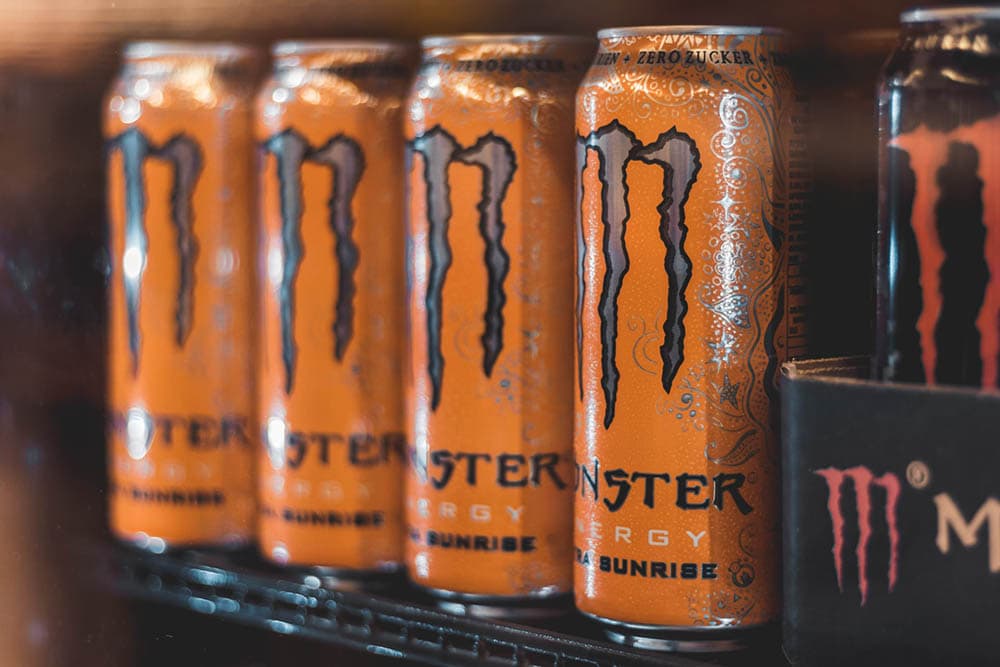
Making Informed Choices: Understanding Labels and Serving Sizes
When evaluating the caffeine content of Monster Energy drinks or any other beverage, it’s important to carefully read and understand the product labels. Here are some key points to consider:
1. Label Transparency
Monster Energy ensures transparency by providing detailed information on their product labels, including the caffeine content per serving. By reviewing the label, you can make an informed decision about your caffeine intake.
2. Serving Sizes
Pay attention to the serving size mentioned on the label. The caffeine content is usually listed per serving, so be mindful of the number of servings you consume to calculate your total caffeine intake accurately.
Conclusion
Caffeine is a key component in Monster Energy drinks, providing an energy boost to consumers. Understanding the caffeine content and being aware of your personal sensitivity and health considerations is essential for responsible consumption. Remember to moderate your caffeine intake, stay hydrated, and consult with a healthcare professional if you have any concerns or pre-existing health conditions.
At Oxbow Tavern, we prioritize your well-being and aim to provide you with accurate information to help you make informed choices. We hope this comprehensive guide has assisted you in understanding the caffeine content in Monster Energy drinks. If you have any further questions or need additional information, our knowledgeable staff is always ready to assist you.
Remember, it’s important to balance your energy needs with overall health and wellness. Enjoy your energy drink responsibly and have a fantastic day!
Please note: The information provided in this article is for educational purposes only and should not replace professional medical advice. If you have specific health concerns or questions, please consult with a healthcare professional.


